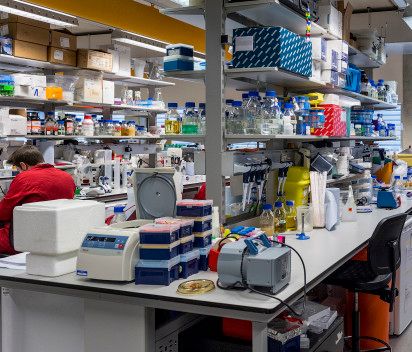BibTex format
@article{Moscoso:2015:10.1128/JB.00480-15,
author = {Moscoso, JA and Schramke, H and Zhang, Y and Tosi, T and Dehbi, A and Jung, K and Gründling, A},
doi = {10.1128/JB.00480-15},
journal = {Journal of Bacteriology},
title = {Binding of cyclic Di-AMP to the staphylococcus aureus sensor kinase KdpD occurs via the universal stress protein domain and downregulates the expression of the Kdp potassium transporter},
url = {http://dx.doi.org/10.1128/JB.00480-15},
year = {2015}
}
